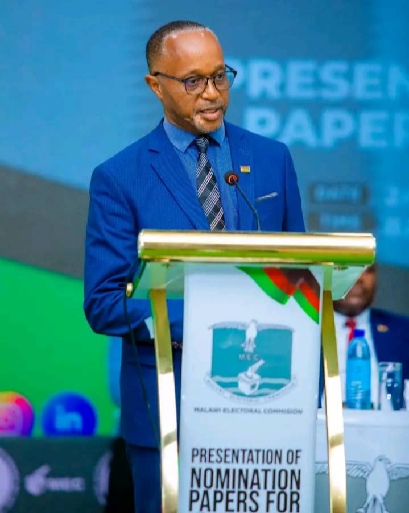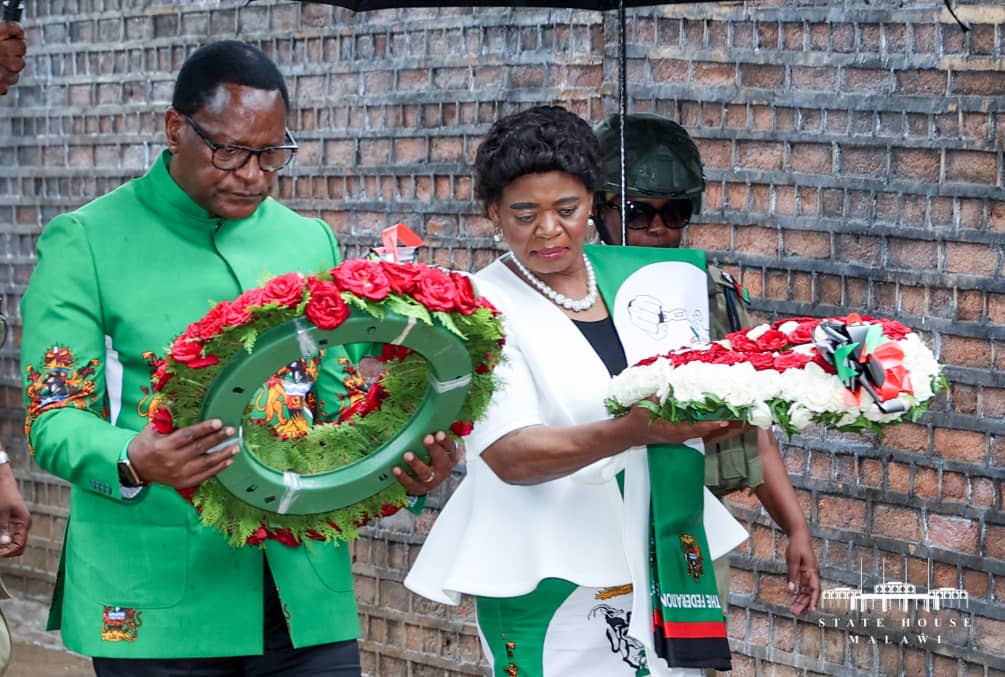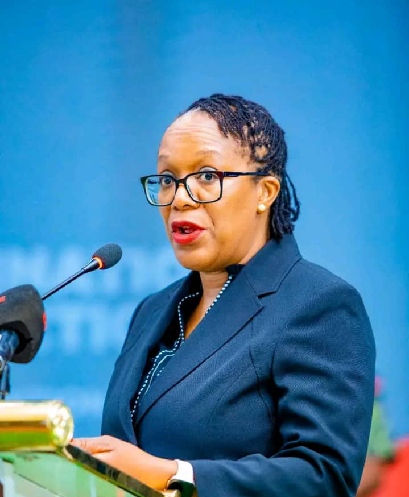By Burnett Munthali | Malawi Freedom Network
In the midst of political alliances, recycled promises, and underwhelming leadership records, Thoko Manyika Banda steps forward as a beacon of independent vision and principled leadership.
His manifesto is not only a political document—it is a bold declaration of intent that seeks to realign Malawi’s governance with the values of equity, competence, and citizen-centered development.
To effectively analyze Banda’s manifesto, we must begin with the context in which he presents his candidacy.
Malawi is currently facing severe economic distress marked by high inflation, frequent fuel shortages, and an overburdened civil service.
In addition to economic woes, the country is struggling with systemic corruption, youth unemployment, a faltering health system, and a public education sector in decline.
The population is growing increasingly weary of partisan politics and recycled elites that often prioritize power over progress.
It is in this environment that Banda, an independent candidate untethered from party machinery or tribal allegiances, presents his agenda.
His manifesto immediately sets itself apart by being rooted in realism—grounded in data and evidence rather than populist promises.
One of the key strengths of Banda’s manifesto is his prioritization of economic transformation through the empowerment of small-scale entrepreneurs and local farmers.
He advocates for decentralizing financial access by establishing district-level microfinance institutions that are tailored to rural realities.
This move not only demonstrates a deep understanding of grassroots economics but also acknowledges the informal sector as a backbone of Malawi’s economy.
In the area of education, Banda’s manifesto is persuasive in its call for compulsory early childhood education and revamping the curriculum to include entrepreneurship, digital literacy, and agriculture.
Unlike many mainstream manifestos that mention education in broad strokes, Banda goes further—outlining practical teacher training models and resource reallocation strategies that seem feasible even in constrained budgets.
On healthcare, he proposes a community-based model with mobile clinics and digital health records to bridge rural-urban disparities.
This approach reflects his commitment to practical and inclusive service delivery—especially for the poor and vulnerable.
One of the boldest aspects of Banda’s plan is his anti-corruption strategy.
He does not merely promise to fight corruption—he outlines a framework that includes strengthening the Auditor General’s independence, introducing open contracting policies, and establishing citizen-led accountability mechanisms.
In a country where political rhetoric often masks executive impunity, Banda’s manifesto treats transparency as a non-negotiable pillar of governance.
Moreover, his stance on women and youth empowerment is not performative.
He pledges a 50% representation of women in all government boards and at least 40% in the Cabinet—a measure that, if implemented, would set a powerful precedent in the region.
He also proposes a national innovation fund targeting youth-led tech and agri-business ventures, signaling his understanding of the evolving aspirations of the younger generation.
What makes Banda’s manifesto stand out is the tone of humility and service that underpins it.
He does not claim to have all the answers.
Instead, he presents a leadership model based on consultation, evidence, and participatory governance.
His manifesto invites Malawians to be active stakeholders, not passive recipients of governance.
It is worth noting that as an independent candidate, Banda faces the uphill battle of limited political machinery and entrenched patronage networks.
However, this may also work in his favor—voters disillusioned with traditional party politics may find his independence refreshing and empowering.
The manifesto also acknowledges fiscal limitations and does not make wild financial commitments without indicating sources or trade-offs.
That sense of financial honesty is a rare virtue in the current political arena.
Finally, Thoko Manyika Banda’s manifesto is persuasive not because it overpromises, but because it offers a coherent, citizen-focused, and realistic plan grounded in Malawi’s present-day challenges.
It reflects the voice of a leader who understands that transformation begins with trust, accountability, and people-first policies.
Conclusion
Thoko Manyika Banda may not be riding on the coattails of a dominant party or alliance, but his manifesto rides on the strength of moral clarity, economic vision, and democratic values.
If Malawians are ready to take a bold step toward independent, visionary leadership that listens, serves, and delivers—then Banda’s manifesto offers the clearest path forward.
His campaign is not just a political alternative; it is a call for a national reset.




